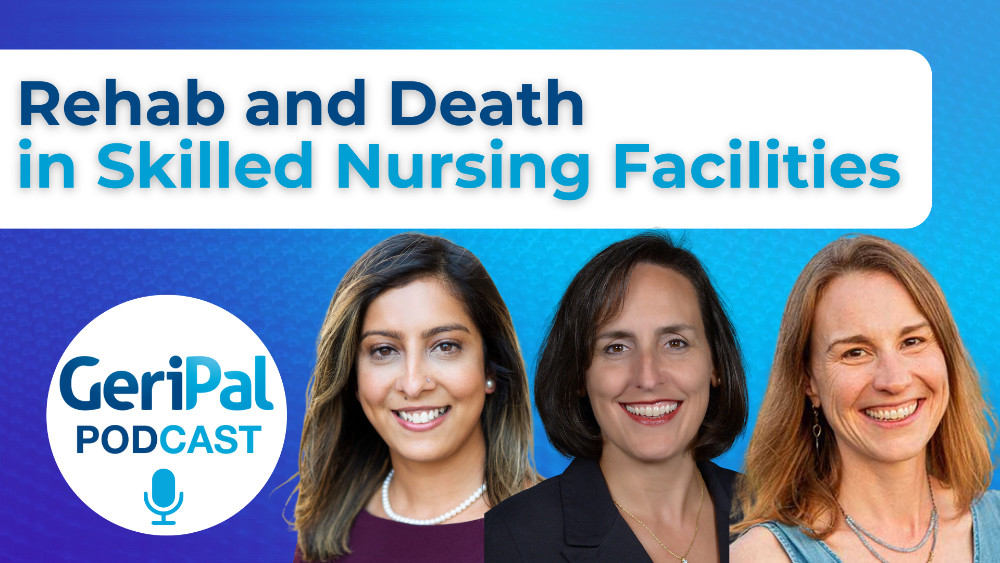

I think we all probably agree that health care providers should give patients with a life limiting illness the option to discuss their prognosis. But what about discussing prognosis with those patients who may not have any particular life limiting illness, but have just lived a long life? Are we as forthcoming about prognosis in this population as we are with a population of patients with advanced cancer? Should we be?
In this week’s New England Journal of Medicine (NEJM), Alex Smith ventures outside of the blogosphere to give his perspectives on discussing prognosis with very elderly patients who may not have a dominant terminal condition. Along with Brie Williams and Bernie Lo, Alex lays out in this perspectives piece the importance of and the barriers to having these types of discussions.
I won’t recap the article here, except to restate the overarching recommendation that clinicians should “routinely offer to discuss the overall prognosis for elderly patients with a life expectancy of less than 10 years, or at least by the time a patient reaches 85 years of age.”
The field of palliative care has come a long way in getting physicians to discuss prognosis with critically or terminally ill patients. Kudos to Alex for highlighting the importance of doing the same for the vast majority of elderly patients who fall outside of these nicely defined groups.
Questions though remain and the expertise of both the geriatrics and palliative care community are needed to sort through them. Some that come to my mind include:
- How should we determine prognosis in this group as just age is too blunt of a tool. Should we use prognostic indices, clinical judgment, or a combination of both?
- How much confidence do you need in a either a prognostic index or clinical judgement for it to change management on clinical issues like cancer screening? If an 85 year old has only a 25% chance of living 10 or more years, is that too low to recommend colon cancer screening?
- What should we be doing differently in those patients that are identified as being at high risk of dying in the next year versus the next 5 years (a common scenario in the oldest old)?
- How do we make these discussions the norm and not the exception?
I’d love to hear your perspective on Alex’s piece. Please comment below.
by: Eric Widera



